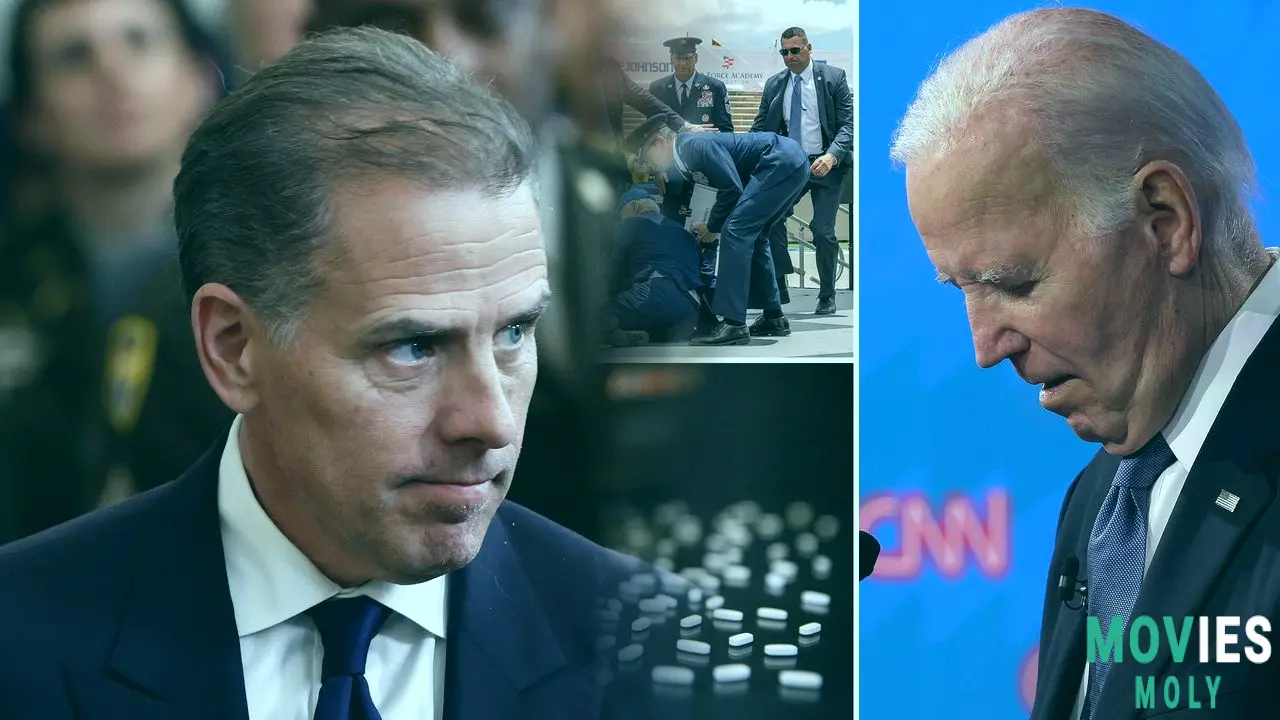The sudden cancellation of Stephen Colbert's The Late Show has caused a lot of talk, with people from all across the media, including the hosts of ABC's The View, responding. CBS says the decision was made for business reasons, but many people think it might have been made because of political pressure or because late-night TV is changing. This comes after Hunter Biden's recent outspoken interviews, which have added to the political media storms that are already going on.
The Late Show's cancellation: money problems or political pressure?The Late Show with Stephen Colbert will end in May 2026, CBS and its parent company, Paramount Global, said. The network said the choice was "purely a financial decision against a challenging backdrop in late night" and had nothing to do with how well the show did or what it was about. Reports say that even though the show was the most popular in its time slot, it was losing between $40 million and $50 million a year.
But the timing of the cancellation has made others wonder. The news comes just a few days after Colbert publicly blasted Paramount's $16 million settlement with Donald Trump over an interview on "60 Minutes." Colbert called the settlement "a big fat bribe," which made it sound like Paramount was trying to get the Trump administration's permission for its proposed merger with Skydance Media. The Federal Communications Commission (FCC) just gave the go-ahead for the $8 billion merger between Paramount Global and Skydance Media. Brendan Carr, the chairman of the FCC, praised Skydance's promise to make changes at CBS, including as making sure there are "diversity of viewpoints" and terminating programs that promote diversity, equity, and inclusion.
Stephen Colbert himself talked about the cancellation and made fun of "cancel culture."
I'm going to say it: Cancel culture has gone much too far.
He also questioned the financial explanation because his show was so popular. A lot of people, including the Writers Guild of America, have asked for an investigation into why the show was canceled, saying they are worried about political meddling.
Colbert's Message to Trump later humiliated the
After hearing the news, Donald Trump wrote on Truth Social, "I absolutely love that Colbert got fired." His ratings were worse than his talent. Colbert then sent Trump a direct message on the air.
Jon Stewart's Support for Colbert
Jon Stewart, who used to work with Colbert on The Daily Show, strongly defended his friend and slammed CBS. Stewart asked how CBS could terminate its most popular late-night show, saying it was the "path of least resistance" for the merger.
Now is not the time to give up. I'm not going to give up. I'm not going anywhere. I believe.
He said that the company's valuation had gone up a lot because of the shows that were canceled or regulated. On The Late Show, Stewart and other late-night hosts like Jimmy Fallon, Seth Meyers, and John Oliver showed their support for Colbert.
Behar, Hostin, and Goldberg from "The View" Talk About Free Speech
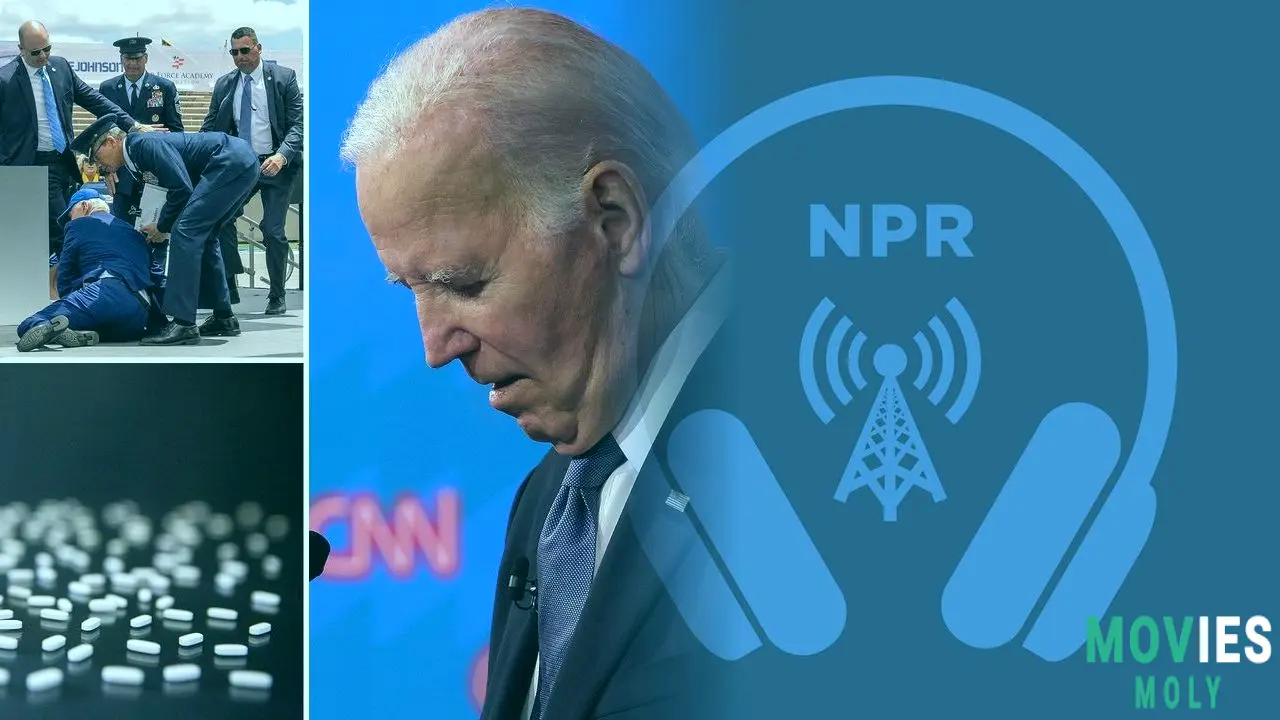
Since it started in 1997, The View, a chat program with an all-female panel, has been a place for political discussions. Barbara Walters came up with the idea for the show as an unrehearsed conversation between women from different backgrounds and points of view about current events. At first, the conversations covered a wide range of issues, but political disputes quickly became a major focus.
Joy Behar, Sunny Hostin, and Whoopi Goldberg, who are all anchors of The View, have talked freely about what Colbert's termination means. Joy Behar talked about what this means for comedians in general:
All bets are off when they start going after the comedians.
Sunny Hostin was worried that the cancellation might have been politically motivated.
Everyone should be worried if it is political. This is the end of our democracy.
Hostin was worried that CBS's choice could put First Amendment rights at risk if it was made for political reasons. These talks indicate how the show has historically been a place for political criticism, often bringing different points of view to the forefront of public debate.
Joy Behar's "Orange Menace" Statement
The hosts of The View have a history of making news with their strong political viewpoints. Joy Behar's "Orange Menace" quip on Donald Trump shows that the show is willing to do sharp political satire and criticism. This method has made The View a must-see for presidential candidates and political leaders.
Sunny Hostin talks about democracy and the First Amendment
Some political analysts are worried that political influences can affect corporate decisions in the media, which could hurt free speech and the democratic process. Sunny Hostin's comments highlight this issue. This feeling is similar to what the Writers Guild of America said when they asked for an investigation into the discontinuation of the Late Show.
Hunter Biden's explosive interviews: a new time for political media
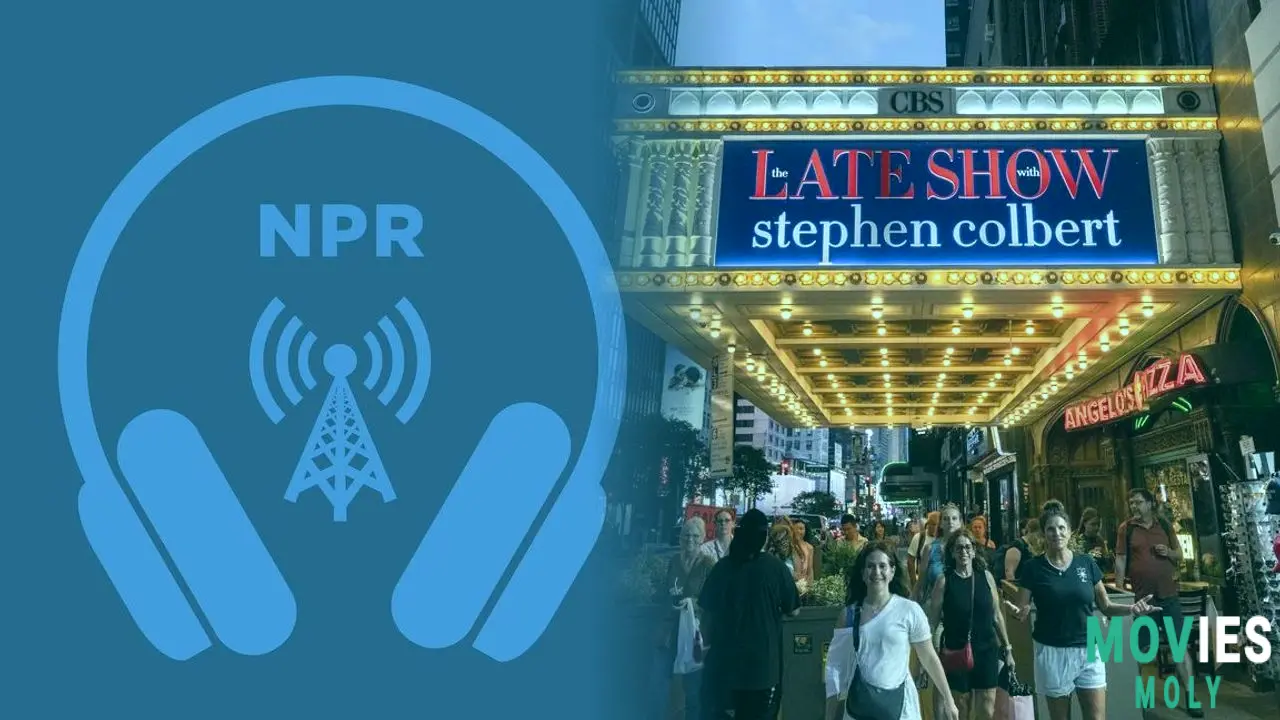
Hunter Biden has been in the news a lot lately, giving a number of frank interviews, including a three-hour talk with Andrew Callaghan on the YouTube show Channel 5. Biden has attacked a number of people in these interviews, including actor George Clooney, for what he thinks they did to make his father drop out of the 2024 presidential run. Hunter Biden said that his father was "tired" and had taken Ambien before a terrible debate with Donald Trump, which he thinks made his father do poorly.
We didn't stay faithful to the party leader, hence we lost the last election.
Hunter Biden has also had legal problems, such as being found guilty of weapons charges and admitting to federal tax violations. President Joe Biden recently gave his son a complete and unconditional pardon, saying that the prosecution was unfair and politically motivated.
Hunter Biden's claims about Ambien and his analysis of the election
Hunter Biden's assertions that his father took Ambien before the debate have changed the way people look at the election results. His interviews show that he is quite angry with anyone he thinks hurt his father's campaign, particularly well-known Democrats.
Podcast interviews are becoming more popular in politics.
Hunter Biden's use of channels like YouTube for long, honest interviews shows how political journalism is changing. Podcasts and internet broadcasts are less controlled than regular TV, which makes it easier to interact with prominent personalities in a more direct and open way. This tendency is part of a larger shift toward using digital platforms for political discussion and news reading.
The Trump Factor: How to Respond to Late-Night Satire
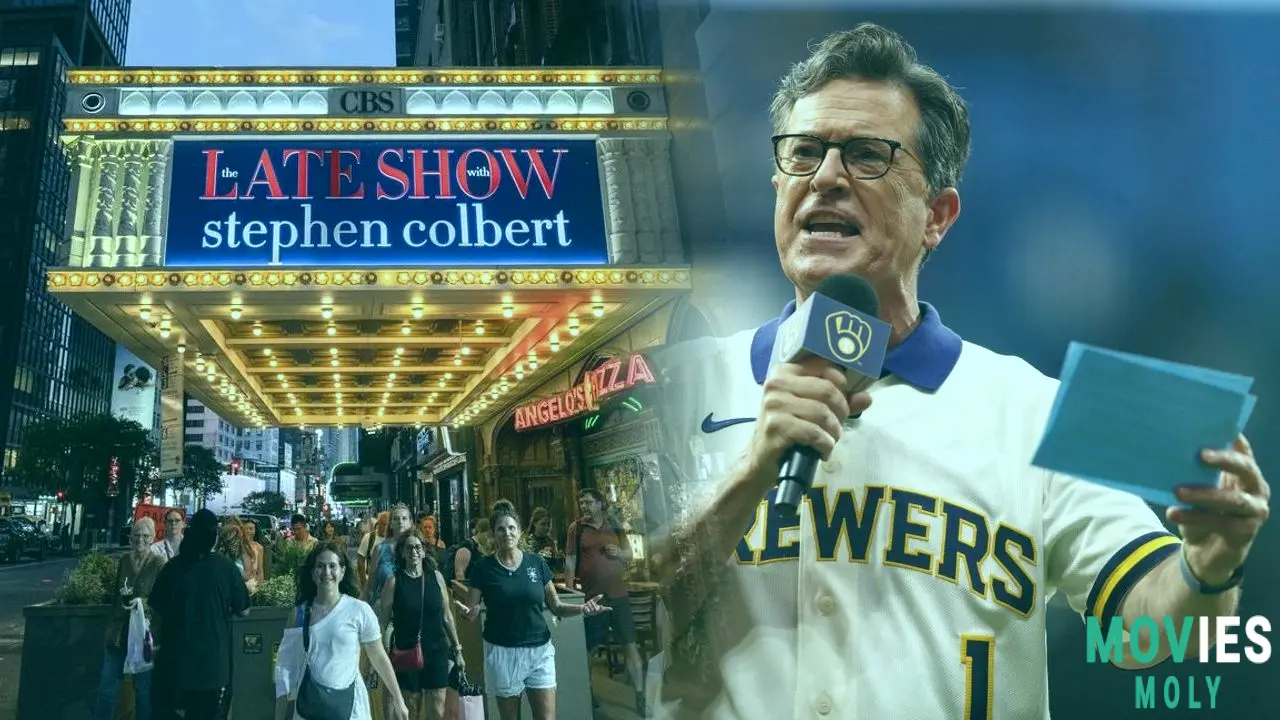
Donald Trump has a history of becoming angry when late-night comedians make fun of him or criticize him. His public comments on Colbert's cancellation are in line with how he has reacted to what he sees as media bias in the past. People are talking about how political power affects media decisions because of the settlement between Paramount and Trump and the cancellation of a show that was critical of him.
The Future of Political Commentary: More Than Just TV
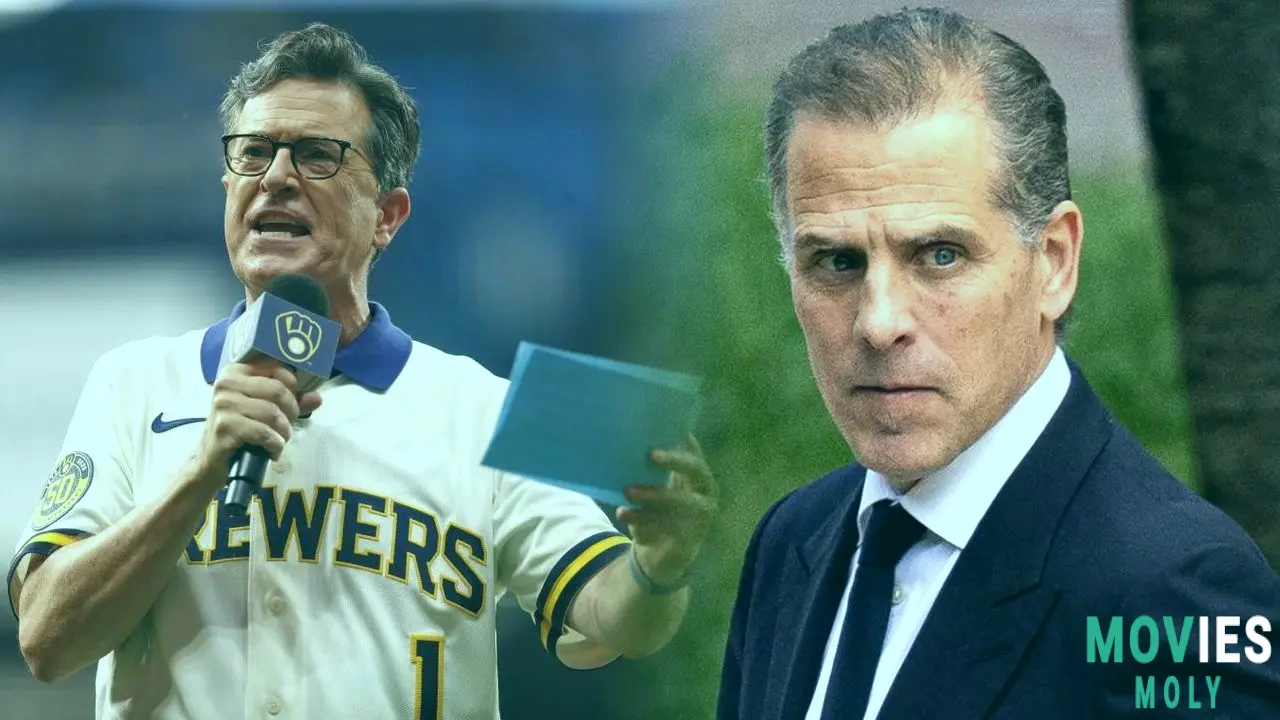
The cancelation of The Late Show and the continued talks about it show that there are big changes happening in the world of late-night TV and political humor. People are watching less traditional linear TV. Instead, they're using streaming services and digital platforms like YouTube and TikTok, especially younger people. Late-night shows have tried to change by making viral clips for the internet, although this doesn't always bring in the same amount of advertising money as regular shows.
Experts say that the future of late-night commentary may involve a "mutation of the late-night formula," which might make it more like low-budget video podcasts. The success of online-only shows and the increasing importance of podcast hosts indicate a trend away from the traditional broadcast format. The present political climate makes us wonder how political commentary will change and where people like Sandra Oh or shows like Gutfeld! fit into this new media landscape. For instance, Gutfeld! already has a lot of viewers on Fox News.
The legal and moral issues underlying claims of political pressure in media decisions are still very important. As media firms deal with mergers and financial problems, the balance between making money and having editorial freedom will continue to be a hot topic.

